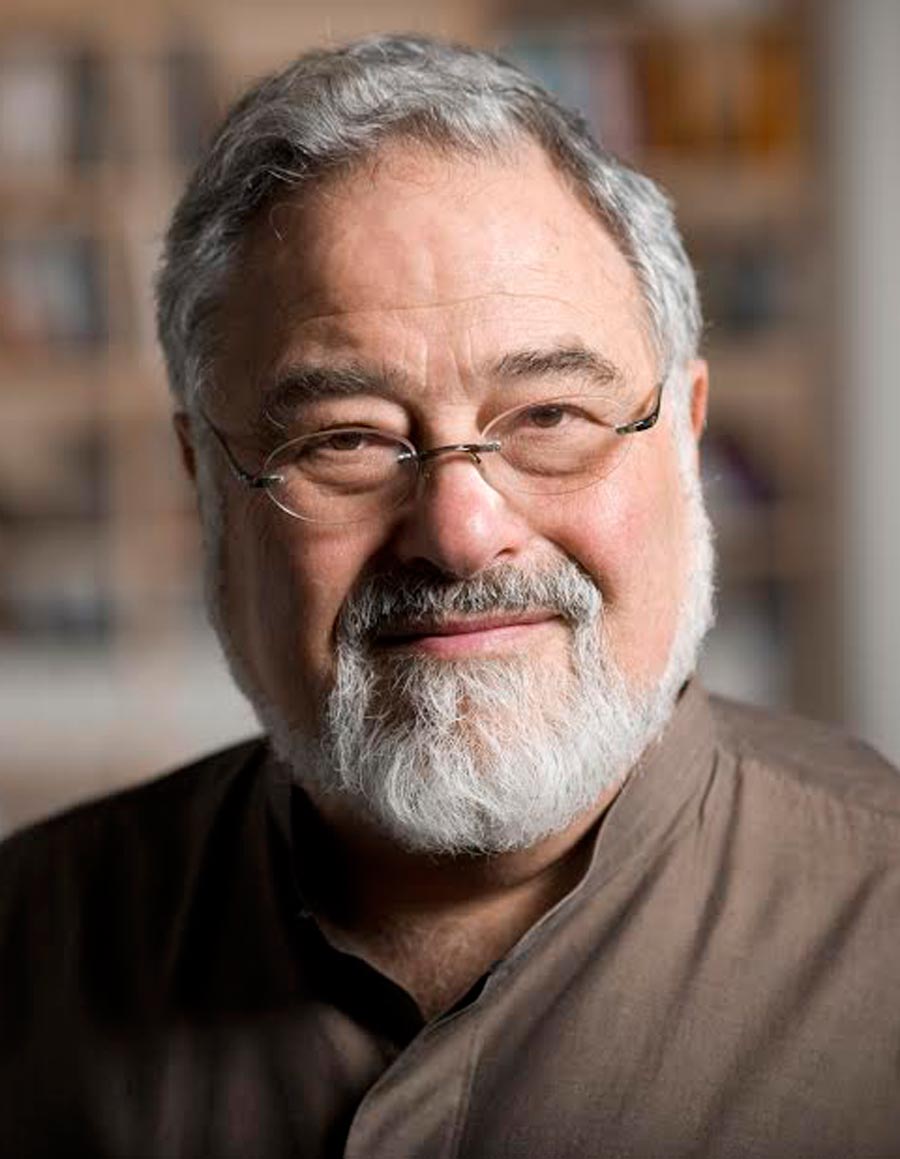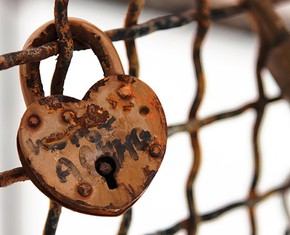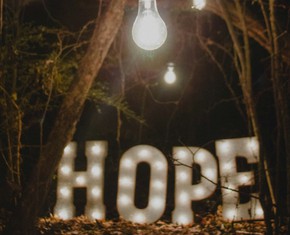The views expressed in our content reflect individual perspectives and do not represent the authoritative views of the Baha'i Faith.
What makes a person conservative or liberal? Researchers have determined that your worldview often comes from the way you were raised.
Did you have a strong, strict, authoritative, lay down the law, “father knows best” kind of dad? Did your parents believe in original sin—that children are born bad and have to be made good by discipline, religion and education? Did your mother defer to the ultimate authority of your father? Then chances are, many researchers have found, you may lean toward a more conservative mindset.
Or did you have a more gender-balanced, empathetic childhood? Did both of your parents raise you in a nurturing rather than an authoritarian or dictatorial way? Did they believe that you were born essentially good, and could be made better if they loved you enough and encouraged you to love others? Did they teach you to have empathy and kindness as an infant and a small child? If so, you may lean toward a more liberal or progressive view of the world.
Author, professor and cognitive linguist George Lakoff discovered that our social and political opinions and positions come from the central metaphors we accept about life—which mirror our experience growing up in a family. Lakoff offers two opposing and predictive models:
The Strict Father Model. A traditional nuclear family with the father having primary responsibility for the well-being of the household. The mother has day-to-day responsibility for the care of the house and details of raising the children. But the father has primary responsibility for setting overall family policy, and the mother’s job is to be supportive of the father and to help carry out the father’s views on what should be done. Ideally, she respects his views and supports them.
Life is seen as fundamentally difficult and the world as fundamentally dangerous. Evil is conceptualized as a force in the world, and it is the father’s job to support his family and protect it from evils—both external and internal. …
The Nurturant Parent Model. The family is of either one or two parents. Two are generally preferable, but not always possible.
The primal experience behind this model is one of being cared for and cared about, having one’s desires for loving interactions met, living as happily as possible, and deriving meaning from one’s community and from caring for and about others.
People are realized in and through their “secure attachments”: through their positive relationships to others, through their contribution to their community, and through the ways in which they develop their potential and find joy in life. Work is a means toward these ends, and it is through work that these forms of meaning are realized. All of this requires strength and self-discipline, which are fostered by the constant support of, and attachment to, those who love and care about you. – George Lakoff, Metaphor, Morality and Politics.

George Lakoff
Lakoff determined that the large gulf in opinions between progressives and conservatives arises primarily from their family upbringing, emerging as deeply-ingrained metaphors about the relationship of the state to its citizens, like the relationship of the parents to the children. Those with conservative points of view believe in the “strict father model,” with the family run by a paternalistic male (the government). That model assumes the citizens need the discipline of a strongman father figure to become responsible and self-supporting, and to maximize their self-interest.
Those with a liberal point of view support a “nurturant parent model,” based on empathetic rather than paternalistic values, where both parents work to keep the essentially good children—or citizens—away from harm—pollution, social injustice, poverty, etc. Empathy and responsibility for children also extends to empathy and responsibility toward the powerless, the poor, or the marginalized. Maximizing self-interest means serving others in the interests of humanity.
Lakoff says this about the strict father model and its essentially paternalistic structure:
The hierarchy is God above man; man above nature; the rich above the poor; employers above employees; adults above children; Western culture above other cultures; our country above other countries. The hierarchy also extends to men above women, whites above nonwhites, Christians above non-Christians, straights above gays. – Ibid.
These familial models and metaphors can have an enormous impact on our inmost beliefs, the researchers have determined.
The Baha’i teachings, of course, don’t fit into any narrow conservative vs. liberal assumptions—but they do say that family dynamics should never be dominated by one person or any single source of authority prevailing over everyone else:
According to the teachings of Baha’u’llah the family, being a human unit, must be educated according to the rules of sanctity. All the virtues must be taught the family. The integrity of the family bond must be constantly considered and the rights of the individual members must not be transgressed. The rights of the son, the father, the mother—none of them must be transgressed, none of them must be arbitrary … All these rights and prerogatives must be conserved, yet the unity of the family must be sustained. – Abdu’l-Baha, The Promulgation of Universal Peace, p. 168.
So ultimately the dictatorial, authoritarian and paternalistic family model, the Baha’i teachings say, must give way to a much more unified, loving, consultative and empathetic model—just as Baha’is believe the tyrannical and warlike leadership of the world will eventually give way to a more unified, peaceful and consultative one:
Baha’u’llah came to bring unity to the world, and a fundamental unity is that of the family. … one of the keys to the strengthening of unity is loving consultation. The atmosphere within a Baha’i family as within the community as a whole should express “the keynote of the Cause of God” which, the beloved Guardian has stated, “is not dictatorial authority, but humble fellowship, not arbitrary power, but the spirit of frank and loving consultation.” – The Universal House of Justice, 28 December 1980, The Relationship Between Husband and Wife.
Let us leave the discordant arguments concerning outward forms, and let us join together to hasten forward the Divine Cause of unity, until all humanity knows itself to be one family, joined together in love. – Abdu’l-Baha, Paris Talks, p. 127.
















Comments
Sign in or create an account
Continue with Googleor